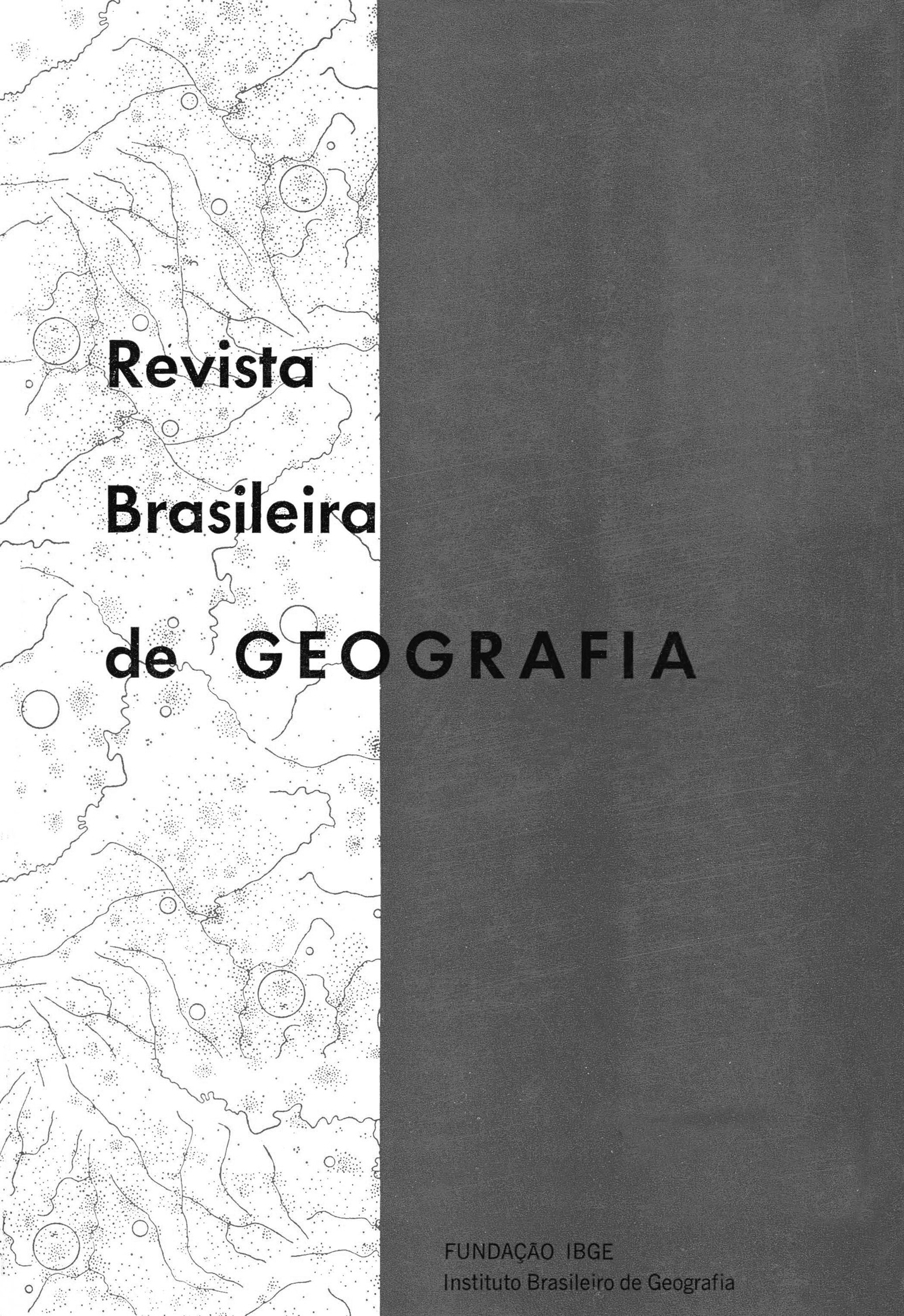Transformações técnicas e relações de trabalho na agricultura brasileira em áreas de baixo nível de modernização.
Keywords:
Agricultura, Geografia Econômica, Trabalho, Geografia Agrícola, Agriculture, Economic Geography, Job, Agricultural GeographyAbstract
Abstract:
Transformations in the composition of rural labor in the period of 1970/1975, in the areas of low level of modernization.
In the study of the transformations in the composition of rural labor in the period of 1970/1975 - as a result of the process of capitalization in the field -, there was an endeavor to identify several areas that distinguished themselves because of the different levels of technical modernization. The privilege of the modernization as a baste explicative concept results from the social utilization of the technical which, nowadays, implies necessary not only changes in the composition of the labor force, but also a reduction of people engaged In the production. From the results of the combination of data concerning the absolute variation of the value of agrarian machines and tools/ha of establishment and of the absolute variation of costs with modern inputs/ha of establishment, the area in study was identified as the one that showed, from 1970 to 1975, the lowest levels of farming techniques. From the analysis of these variables, as well as from other secondary data, it was found out that the process of capitalization of the rural sector of that region was not restricted to the period of 1970/1975, and it was not just characterized by the small use of modem farm techniques. This process was also characterized by a high level of agrarian concentration, where a large part of the rural space was incorporated to the great capitalist enterprises.
Consequently, in farming, as well as In cattle-breeding, the capitalist relations of production and the productive forces were developed. Thus, the process of capitalization of this region has caused and/or has intensified several transformations in the pre-existing relations of work. On the whole, these transformations are characterized by an increase of wage and salary work as well as of family work, and, sometimes, by the maintenance, in a modified way, of workers engaged in an indirect exploitation of the land, being typical the case of the "parceria".






